The Story Behind This Evil Place In West Virginia Will Make Your Blood Turn Cold
To drive through bucolic Quiet Dell, WV, its small town charm is evident. Flags fly from front porches, children play in yards, and locals trade community news at the local Exxon station. Little more than a wide spot in the road at the junction of Interstate 79 and WV Route 20, Quiet Dell is about 5 miles southeast of the city of Clarksburg.
(Author’s note: Some photos below are for representation only and are not of the specific places/people mentioned.)
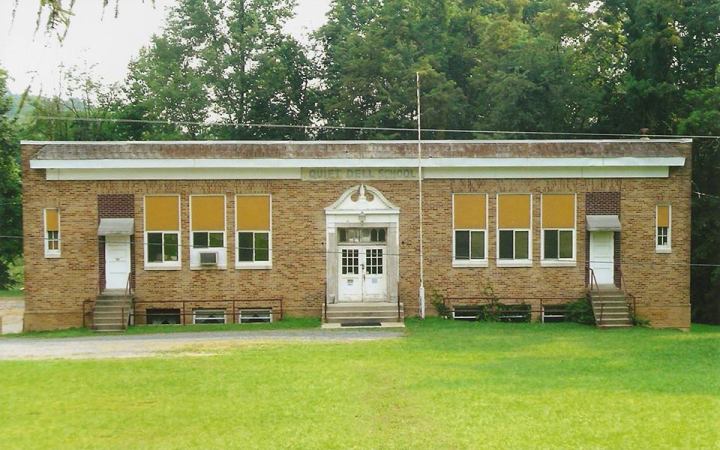
A casual glance would never tell you of the horrors that once occurred here, a crime that shook this small close knit town and made national news.
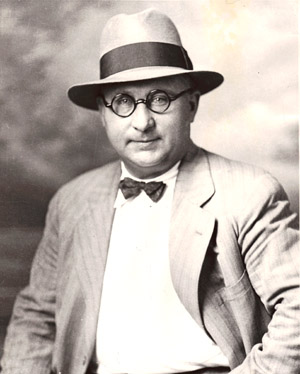
Though married, Powers would take out "lonely hearts" ads, and many women responded to him. He painted himself as a wealthy and successful businessman, too busy to find a wife.
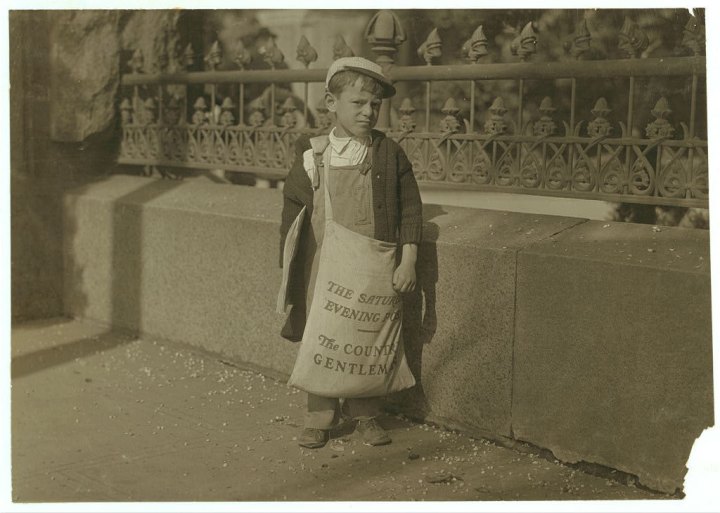
It all began with a phone call from Park Ridge, Illinois, contacting Clarksburg police about a widow, Asta Eicher, and her three children who had been missing for more than two months.

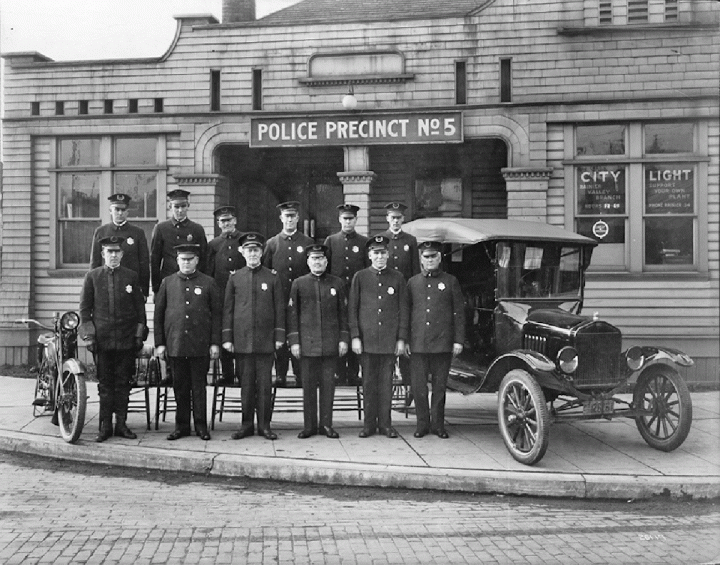
Returning home around noon on August 27, Powers, interestingly, had five letters addressed to five different women in his pockets. Powers was placed under arrest for manslaughter in the disappearance of Eicher and her children, despite the lack of bodies or solid evidence.
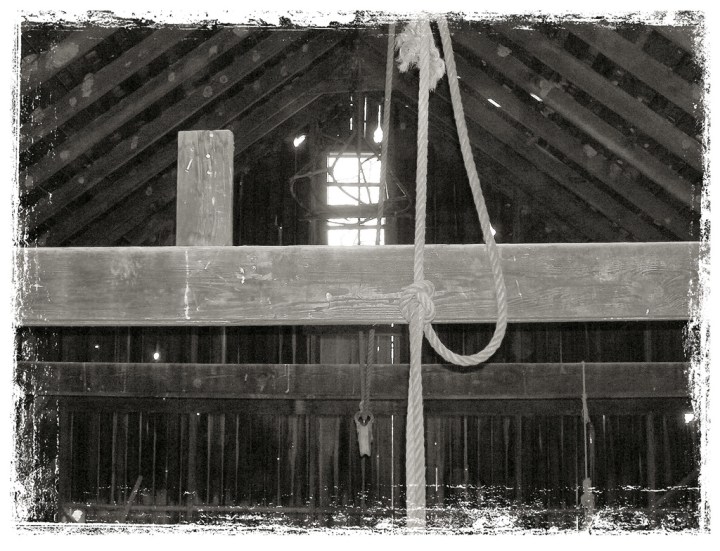
Additional information led police to a board and batten garage on a small farm Powers owned in Quiet Dell. With the help of neighbors, detectives broke into the garage and found dried bloodstains but no bodies.
While admitting that the scene looked suspicious, Powers offered no explanation. After following up on a tip from a local 15 year old boy, a drainage ditch was discovered beside the garage. On the afternoon of August 28, investigators found what they were looking for — the badly decomposed bodies of Eicher and her three children: Greta, 14; Harry, 12; and Anabel, 9. The victims’ hands had been bound with rope that matched the noose in the garage. Two days later, the police also found the body of Dorothy Lemke, a 50 year old widow missing from Northboro, Massachusetts. Following intense and lengthy questioning by police, Powers confessed to the murders.
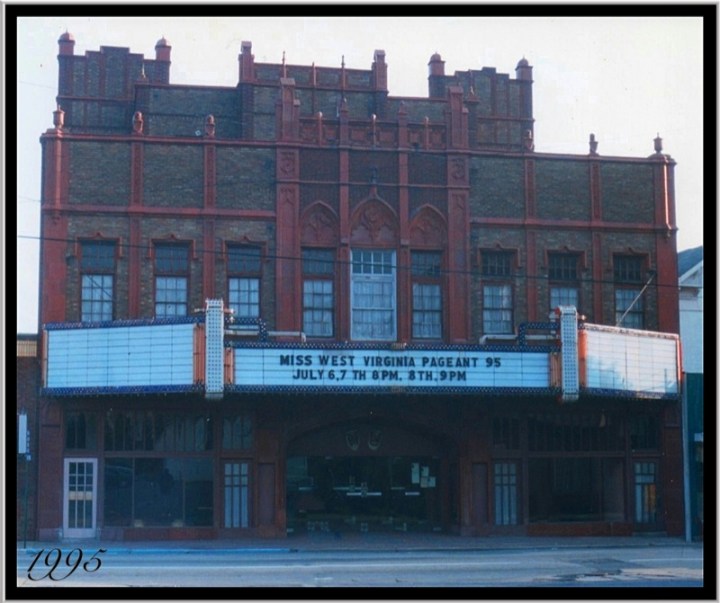
The trial began on December 7th in Clarksburg, lasting five days. Because the courtroom was so crowded, the hearing ended up being moved a block away to Moore’s Opera House.
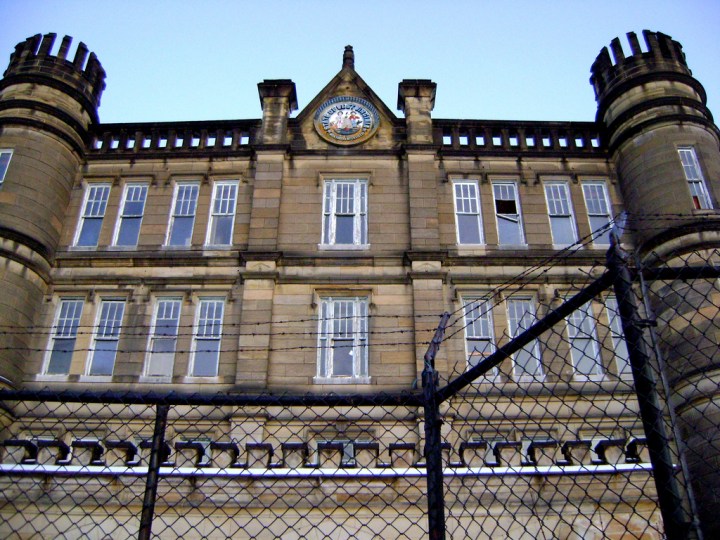
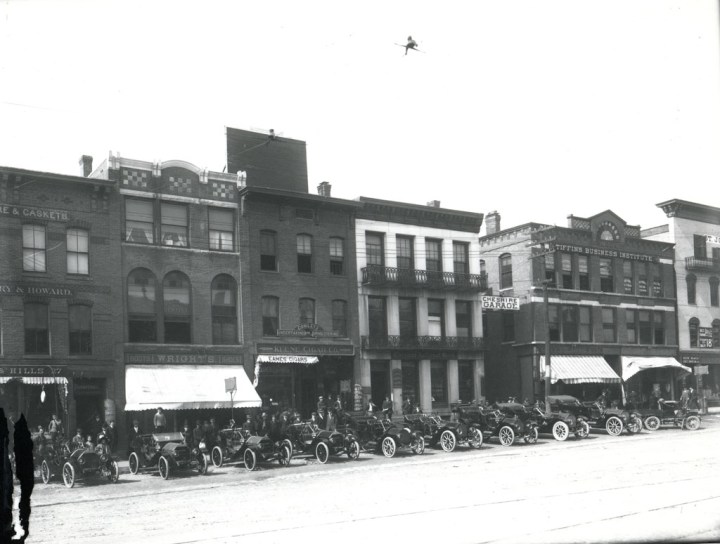
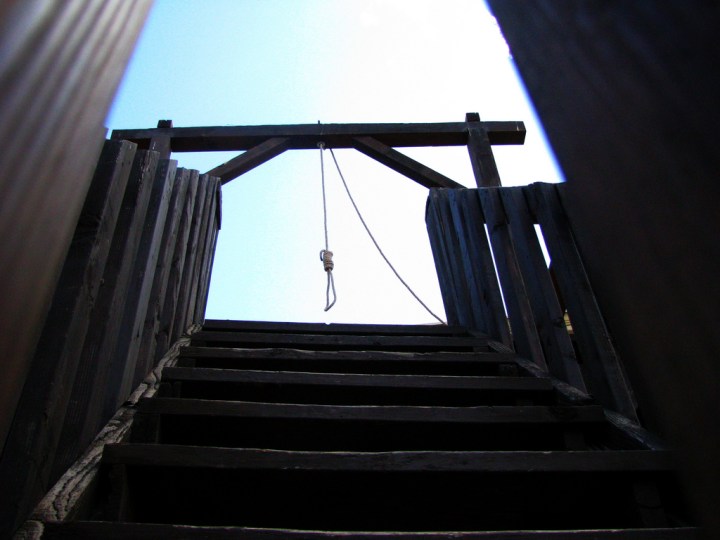
The murders later served as fodder for the 1953 novel “Night of the Hunter,” and the 1955 film of the same name, starring Shelley Winters and Robert Mitchum. As recently as 2013, Jayne Anne Phillips examined the case anew in her novel “Quiet Dell.”
On your next drive through Clarksburg, WV along I-79, give a thought to poor Asta Eicher and her three children. What other creepy places in WV do you know of?
If you enjoy the spooky side of life, why not visit the 6 most haunted hotels in West Virginia?
OnlyInYourState may earn compensation through affiliate links in this article. As an Amazon Associate, we earn from qualifying purchases.



